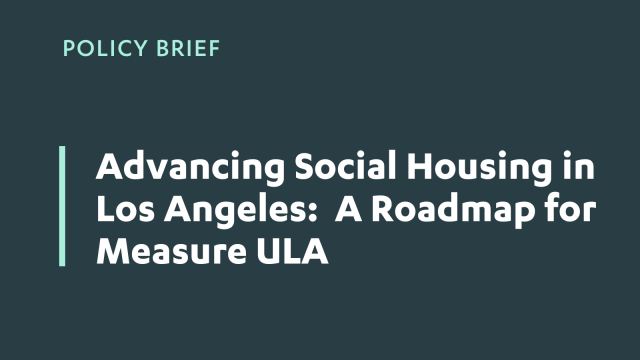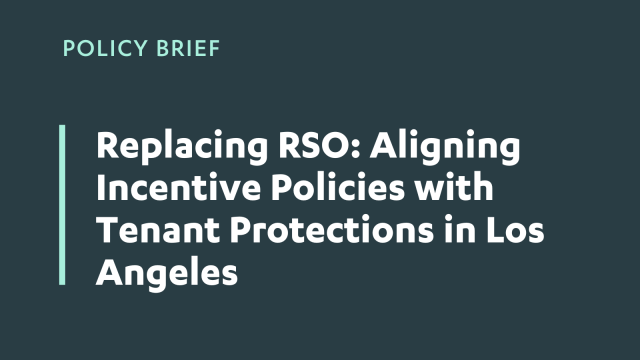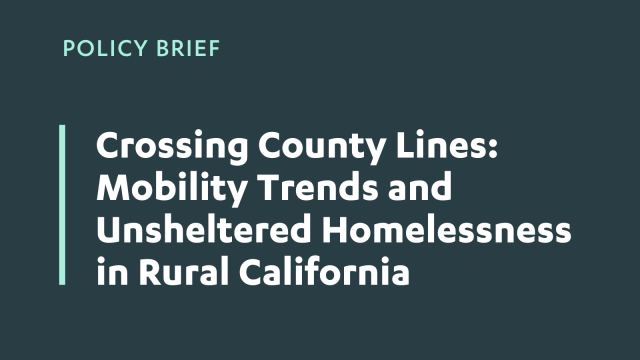Does Discretion Delay Development?
Problem, research strategy, and findings
Local governments sometimes approve multifamily housing through a discretionary process, meaning a public body must vote to entitle the proposal before it can seek a building permit. By-right entitlement, in contrast, allows developers to apply directly for a building permit. We tested the hypothesis that by-right approvals are faster. Faster approval can make multifamily development more feasible, which can in turn improve housing affordability. Analyses of approval pathways are often confounded by project size and complexity, but we exploited a provision in the Los Angeles Transit-Oriented Communities (TOC) program that allowed many large projects to use by-right approval. Using data from roughly 350 multifamily projects permitted in Los Angeles (CA) from January 2018 through March 2020, we compared approval timelines for both by-right and discretionary projects. We found that by-right projects were permitted 28% faster than discretionary projects, controlling for project and neighborhood characteristics. By-right projects also had less variance in their approval times, suggesting that by-right approval offers not just more speed but more certainty.
Takeaway for practice
Planners should create more opportunities for multifamily housing to be permitted by-right. Despite some selection bias in our study, evidence from the TOC program suggests that creating a by-right option would accelerate approval time and thus substantially benefit housing production. The faster approval timelines, moreover, have been accompanied by an increase in average project size and the number of units reserved for low-income households.



